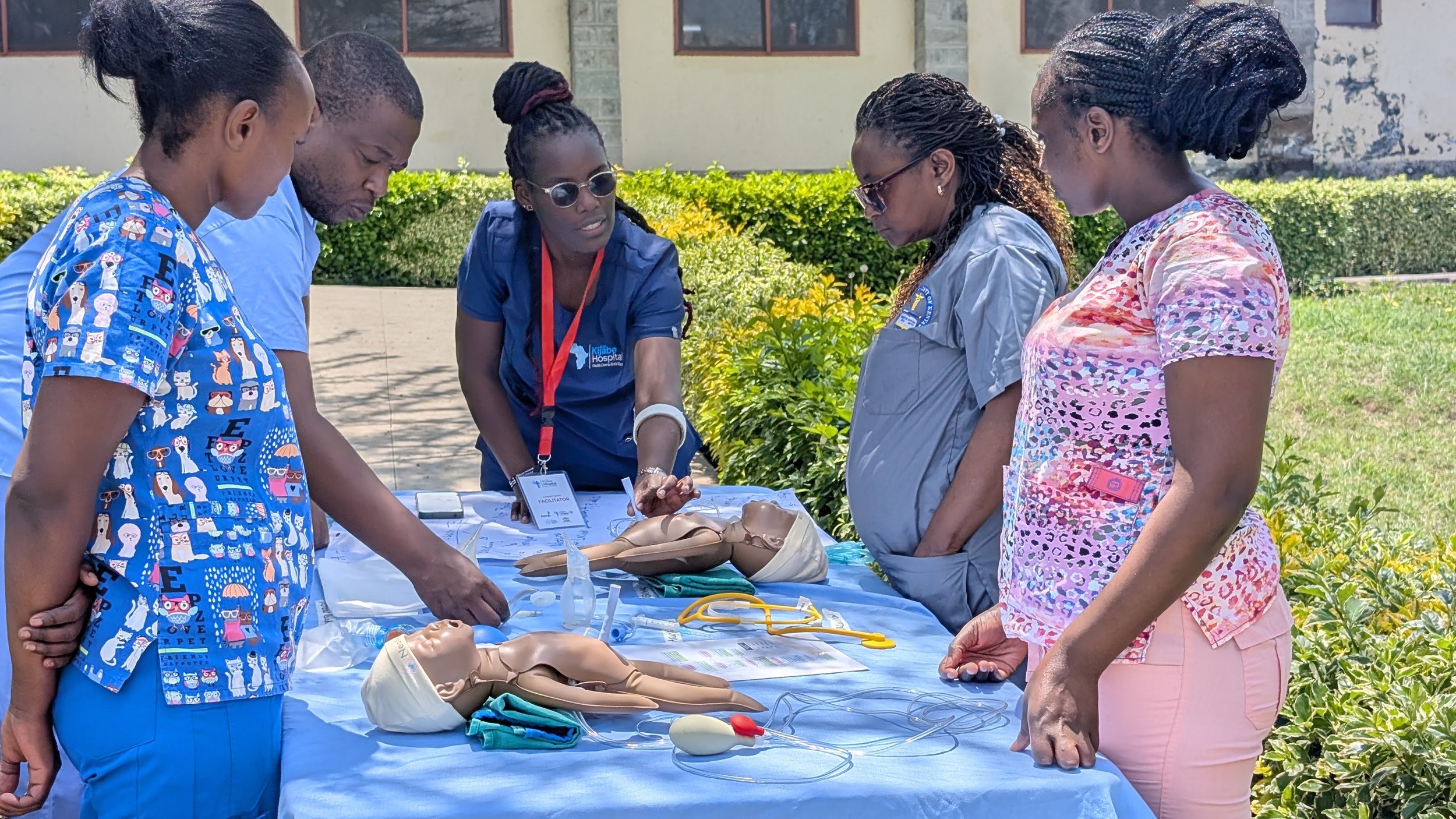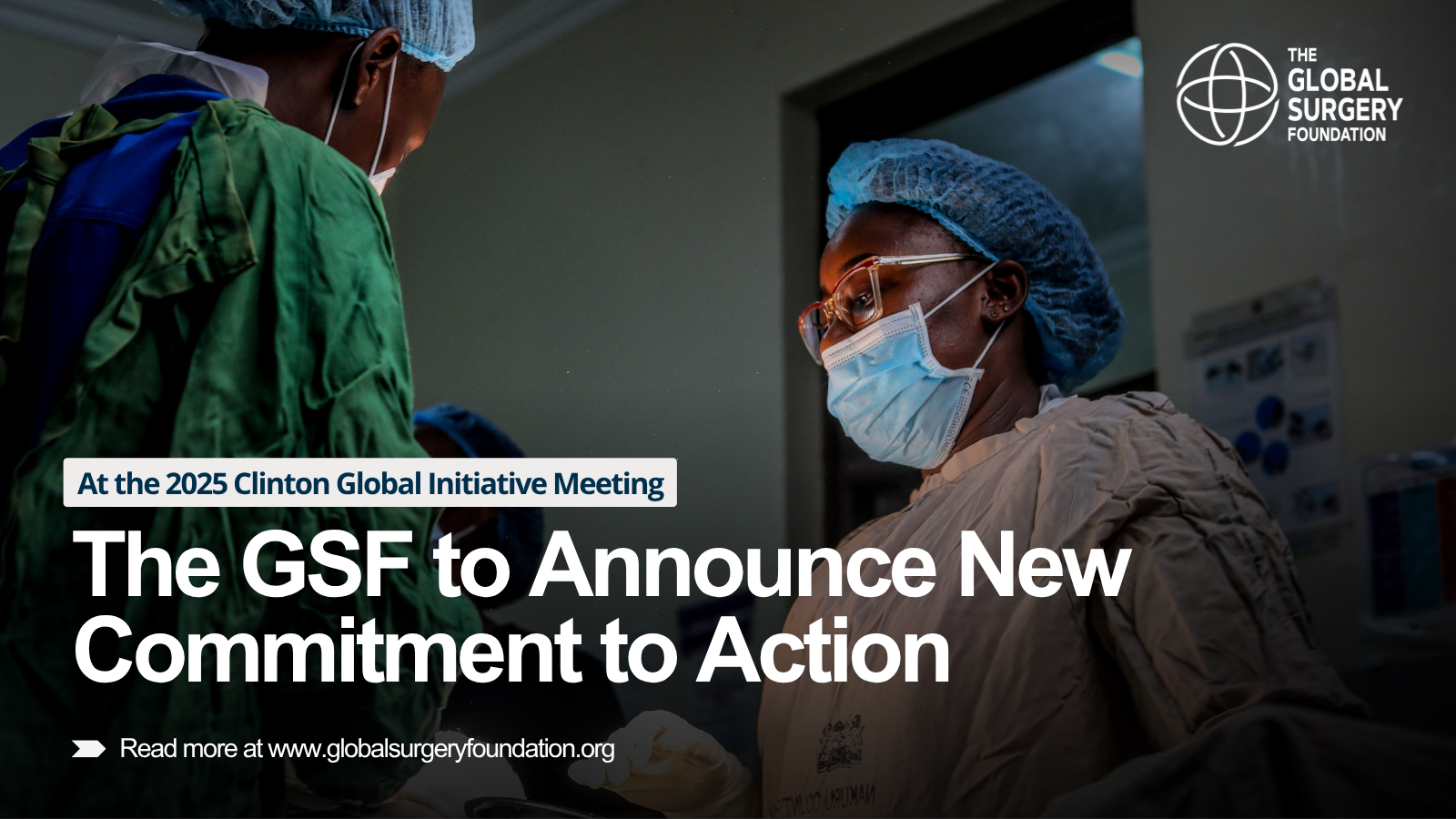
Breast cancer programme
Strengthening Access to Breast Cancer Surgery in Rwanda
As part of the GSF’s Women’s Health Programme, this project will strengthen quality of surgical care for breast cancer patients in Rwanda through targeted interventions informed by a comprehensive needs assessment.
Join us to turn data into action to save lives.
The overwhelming majority of breast cancer cases will require surgical intervention. However, only about a quarter of the world has access to safe and affordable surgery - as little as 5% in some low-income countries, where the number of cancer cases is expected to double by 2030.
10 million people will need surgery for cancer in low- and middle-income countries by 2030.
At least 80% of new breast cancer cases will require surgical intervention.
Breast cancer is the third most common cancer in Rwanda, with nearly 800 new cases diagnosed in 2022.
Our mission
This project aims to reduce mortality from breast cancer in Rwanda and increase the number of patients completing multimodal treatment without abandonment in the Burera district of Rwanda.
No woman should lose her life to breast cancer because of where she lives.
Together, we are not just improving care - we are contributing to hope and to rewriting the story of breast cancer for generations to come through practical research that powers care and policy.
Dr. Barnabas Alayande
Clinical Faculty for Surgery | Center for Equity in Global Surgery University of Global Health Equity
Our approach
We take a comprehensive approach to building long-term impact and ensuring sustainability to improve outcomes for breast cancer patients.
Build Local Partnerships
The University of Global Health Equity (UGHE) is the lead implementer of this project with the support and coordination of the GSF. The project site is the Butaro Cancer Centre of Excellence (BCCOE). In collaboration with the Rwandan Ministry of Health, Partners in Health/Inshuti Mu Buzima, Brigham and Women’s Hospital, and Dana-Farber Cancer Institute established BCCOE in July 2012. Over a decade later, it is the leading cancer treatment centre in Rwanda.
Strengthen Care Networks and Referral System
We strengthen referral pathways alongside the Ministry of Health, multidisciplinary teams, mentors, communities, and community health workers to identify gaps and opportunities across the project hub-and-spoke network. We also work to ensure the functional readiness of facilities to optimise breast cancer surgery.
Develop Workforce Capacity
We translate global recommendations, such as the WHO Global Breast Cancer Initiative (WHO GBCI) Implementation Framework, into the local context and apply practical solutions by using a hands-on, interdisciplinary teams-based approach to build capacity of surgical teams. This includes training in both technical and non-technical skills to create a culture of patient safety throughout the entire care continuum.
Learn and Improve with Data
We improve the quality of data for continuous learning, adapting, generating evidence, and improving by applying practical innovations. Our learning agenda also includes qualitative research to highlight the voices of women and their experiences of care.
Expected impact
Through this project, we expect to improve care for 800 women yearly.
>80%
of patients completing multimodal treatment without abandonment
800
breast cancer patients with increased quality of care
40
surgeons and their teams trained across Rwanda
About the project
We’ve been working alongside our partners in Rwanda since 2022.
Rwanda suffers from a significant cancer burden. More than 7,100 new cancer cases are diagnosed yearly, with breast cancer being the third most common cancer in the country and second leading cause of cancer deaths in Rwandan women.
In women whose breast cancer is detected, the majority of cases are late stage, making treatment more challenging, as surgical intervention is most effective the earlier the cancer is detected
As detection programmes are further developed, there is a need for health systems strengthening to reinforce equitable access to quality multimodal treatments, including surgical care, in line with the WHO GBCI.
Since 2021, we have been working with dedicated partners in Rwanda to clearly identify and address these gaps. Our multidisciplinary working group, led by UGHE, recently completed a comprehensive needs assessment to understand the state of breast cancer care at BCCOE and in Rwanda more broadly.
Through the needs assessment, our team developed a baseline level of data on patient outcomes at BCCOE, identified opportunities for training and education of general surgeons around breast cancer management, and uncovered stigma around breast cancer diagnosis and treatment, preventing optimal care for patients.
The working group found:
Patients wait over 200 days on average between diagnosis and surgery, far behind the 60-day target
58% of surgeons mention increased education and training on breast surgery as a priority, with many referring patients to higher-level care
Strong stigma discourages women from seeking care early, especially surgical care, as loss of breast can often be associated with loss of womanhood or femininity
As it stands today, there are no surgical oncology training programmes in Rwanda. Therefore, general surgeons perform the majority of surgical cancer cases.
The study team presenting the findings from the needs assessment at the Advancing Medical Education conference in Kigali, Rwanda (March 2025).
“When you have breast cancer, people in the village immediately reject you…thinking you will become a burden to them.”
- Breast cancer patient, interviewed by the project team
Turning Data Into Action
With the results from the needs assessment, we will tailor targeted interventions to address the gaps in access for quality surgical care for breast cancer patients.
Our approach supports the continuum of care for breast cancer patients, from diagnosis to treatment to reconstruction. The approach encompasses five key areas to address quality of care, namely: surgical teams’ capacity, facility readiness, patient navigation pathways, community engagement, and data systems.
We are currently seeking partnerships to take our implementation to the next stage and begin targeted activities to address gaps in care.
“This collaboration is contributing to building a future where every woman in Rwanda has access to early detection, timely diagnosis, and life-saving treatment.”
- Dr. Barnabas Alayande, University of Global Health Equity
News and updates
Latest updates from our women’s health programme:
Our project partners
We work with a variety of implementing partners and knowledge partners to develop context-specific interventions, ensuring local ownership and sustainability.
Work with us!
We are currently seeking partnerships to move forward with a three-year project in Rwanda to build capacity for breast cancer care.
Partner with us today to accelerate access to surgical care for all women who need it.
Contact: m.samson@globalsurgeryfoundation.org



























